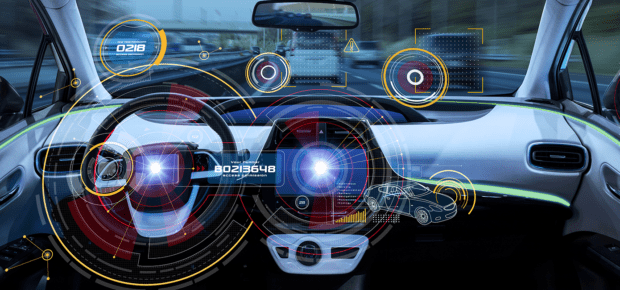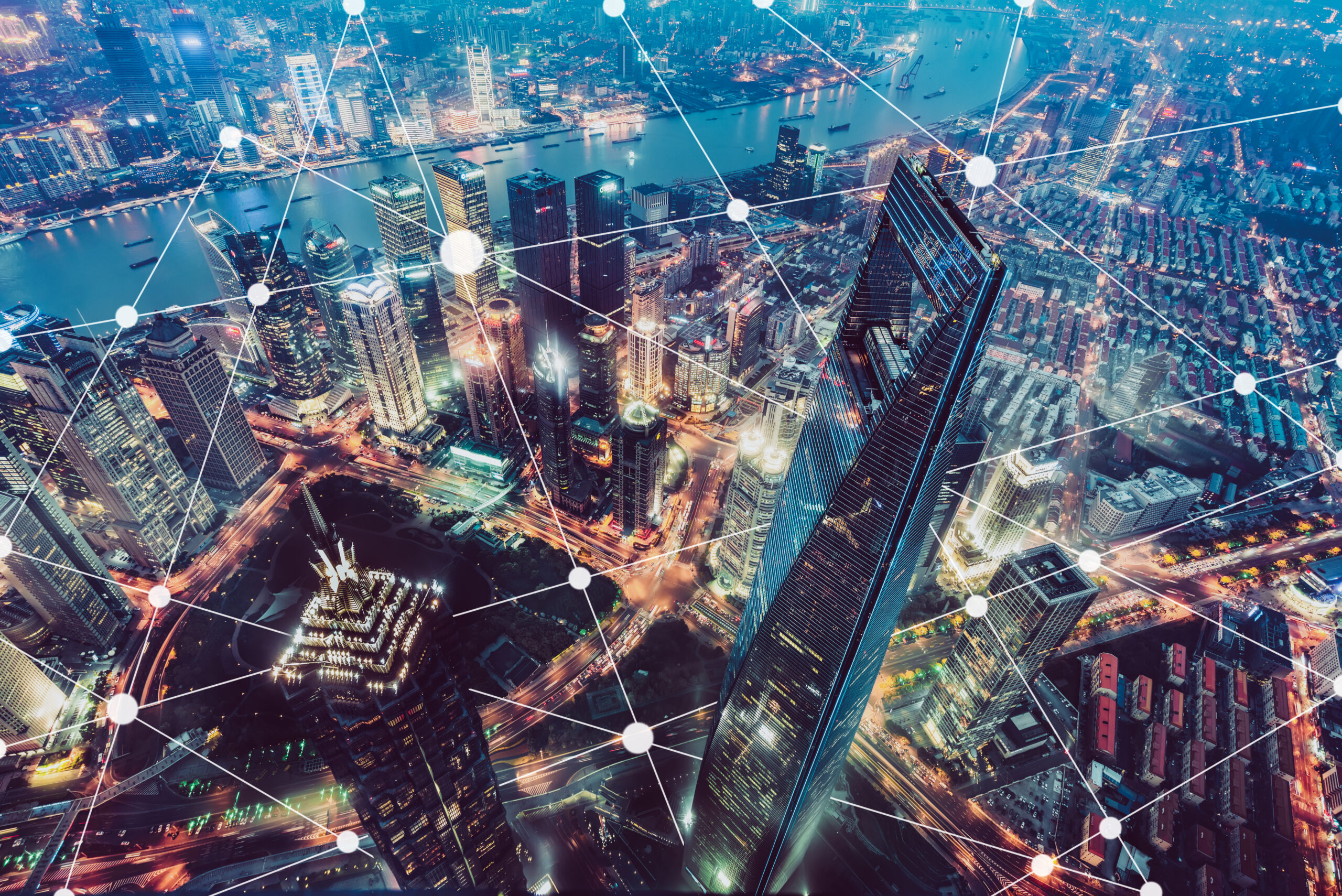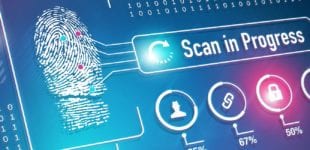March 26, 2019
Connected and driverless cars have tremendous potential to improve our lives. But their ascendancy, while rapid at times, has been slowed by security issues stemming from their wireless nature.
With so much data being generated (up to 25GB of data every hour) through the car’s operation, and the wireless transfer of much of it, figuring out how to ensure a secure experience has become the focus of a significant amount of research.
The IEEE Cybersecurity Initiative shared insights of IEEE Fellow Christof Paar, a research expert in applied cryptography, on how it might be used to secure automotive applications.
To Paar, “Cryptography is ideal for what’s called V2X communications, where a vehicle interacts with other vehicles (V2V) or with roadside infrastructure (V2I).” It’s these communications that are essential to the autonomous functioning of the vehicle.
“Cryptography supports the authentication that allows these applications to trust one another, which obviously is key because they involve human lives in tons of metal moving at high speeds,” he says.
An example? “Ensuring that a vehicle’s real-time location information has not been manipulated. Without cryptography, it’s possible that a hacker could send fake message that could cause, for instance, accidents by triggering automatic braking at high speeds.”
The exact communication protocol for V2X communications is still somewhat up in the air. 5G is a front runner along with Dedicated Short Range Communications (DSRC), though neither is immune from security concerns.
According to Cyro Vicente Boccuzzi, IEEE Senior Member, CEO and President of the Latin American Smart Grid Forum and Exhibition (a conference that brings together stakeholders to discuss emerging technologies) “5G will allow better security protections as it will bring new services and features related to the road, infrastructure and environment, but at the same time it opens opportunities for spoofing and other kinds of hacking that may endanger the occupants.”
While hacking represents a major threat to connected vehicles, there are also other emerging security challenges that focus more on the security of the vehicle itself.
Earlier this year, in an unexpected twist, a car’s lidar damaged the sensor of an electronic camera, raising the question of whether autonomous vehicles might inadvertently blind each other. While the laser component of lidar is considered safe for human eyes, if cars’ video cameras get damaged, they could lose access to the fundamental information they need to operate.
The physical safety of the ride in relation to the surrounding environment is also a question. An initial rollout of self-driving cars has taken so long because they’re undergoing extreme testing to make sure they’re verified to be safe for all locations in all weather conditions, according to engineers working on the software.
Srikanth Saripalli, IEEE Senior Member, associate professor at Texas A&M University, agrees on being patient when it comes to a rollout: “While connectivity enables cars to work seamlessly, aid traffic flow and make transportation easier, security should be considered as a first-class citizen and be well thought through before enabling connectedness.”
In the end, it’s clear that security cannot be an afterthought when it comes to connected cars. They need to be baked into the entire engineering process.





 Meaningful Momentum or Running in Place?
Meaningful Momentum or Running in Place? AI Through Our Ages
AI Through Our Ages Liquid Infrastructure: Our Planet's Most Precious Resource
Liquid Infrastructure: Our Planet's Most Precious Resource The Impact of Technology in 2025
The Impact of Technology in 2025 Quantum and AI: Safeguards or Threats to Cybersecurity?
Quantum and AI: Safeguards or Threats to Cybersecurity? Why AI Can't Live Without Us
Why AI Can't Live Without Us Bits, Bytes, Buildings and Bridges: Digital-Driven Infrastructure
Bits, Bytes, Buildings and Bridges: Digital-Driven Infrastructure Impact of Technology in 2024
Impact of Technology in 2024 Emerging AI Cybersecurity Challenges and Solutions
Emerging AI Cybersecurity Challenges and Solutions The Skies are Unlimited
The Skies are Unlimited Smart Cities 2030: How Tech is Reshaping Urbanscapes
Smart Cities 2030: How Tech is Reshaping Urbanscapes Impact of Technology 2023
Impact of Technology 2023 Cybersecurity for Life-Changing Innovations
Cybersecurity for Life-Changing Innovations Smarter Wearables Healthier Life
Smarter Wearables Healthier Life Infrastructure In Motion
Infrastructure In Motion The Impact of Tech in 2022 and Beyond
The Impact of Tech in 2022 and Beyond Cybersecurity, Technology and Protecting Our World
Cybersecurity, Technology and Protecting Our World How Technology Helps us Understand Our Health and Wellness
How Technology Helps us Understand Our Health and Wellness The Resilience of Humanity
The Resilience of Humanity Harnessing and Sustaining our Natural Resources
Harnessing and Sustaining our Natural Resources Creating Healthy Spaces Through Technology
Creating Healthy Spaces Through Technology Exceptional Infrastructure Challenges, Technology and Humanity
Exceptional Infrastructure Challenges, Technology and Humanity The Global Impact of IEEE's 802 Standards
The Global Impact of IEEE's 802 Standards Scenes of our Cyber Lives: The Security Threats and Technology Solutions Protecting Us
Scenes of our Cyber Lives: The Security Threats and Technology Solutions Protecting Us How Millennial Parents are Embracing Health and Wellness Technologies for Their Generation Alpha Kids
How Millennial Parents are Embracing Health and Wellness Technologies for Their Generation Alpha Kids Space Exploration, Technology and Our Lives
Space Exploration, Technology and Our Lives Global Innovation and the Environment
Global Innovation and the Environment How Technology, Privacy and Security are Changing Each Other (And Us)
How Technology, Privacy and Security are Changing Each Other (And Us) Find us in booth 31506, LVCC South Hall 3 and experience the Technology Moon Walk
Find us in booth 31506, LVCC South Hall 3 and experience the Technology Moon Walk Virtual and Mixed Reality
Virtual and Mixed Reality How Robots are Improving our Health
How Robots are Improving our Health IEEE Experts and the Robots They are Teaching
IEEE Experts and the Robots They are Teaching See how millennial parents around the world see AI impacting the lives of their tech-infused offspring
See how millennial parents around the world see AI impacting the lives of their tech-infused offspring Take the journey from farm to table and learn how IoT will help us reach the rising demand for food production
Take the journey from farm to table and learn how IoT will help us reach the rising demand for food production Watch technical experts discuss the latest cyber threats
Watch technical experts discuss the latest cyber threats Explore how researchers, teachers, explorers, healthcare and medical professionals use immersive technologies
Explore how researchers, teachers, explorers, healthcare and medical professionals use immersive technologies Follow the timeline to see how Generation AI will be impacted by technology
Follow the timeline to see how Generation AI will be impacted by technology Learn how your IoT data can be used by experiencing a day in a connected life
Learn how your IoT data can be used by experiencing a day in a connected life Listen to technical experts discuss the biggest security threats today
Listen to technical experts discuss the biggest security threats today See how tech has influenced and evolved with the Games
See how tech has influenced and evolved with the Games Enter our virtual home to explore the IoT (Internet of Things) technologies
Enter our virtual home to explore the IoT (Internet of Things) technologies Explore an interactive map showcasing exciting innovations in robotics
Explore an interactive map showcasing exciting innovations in robotics Interactively explore A.I. in recent Hollywood movies
Interactively explore A.I. in recent Hollywood movies Get immersed in technologies that will improve patients' lives
Get immersed in technologies that will improve patients' lives